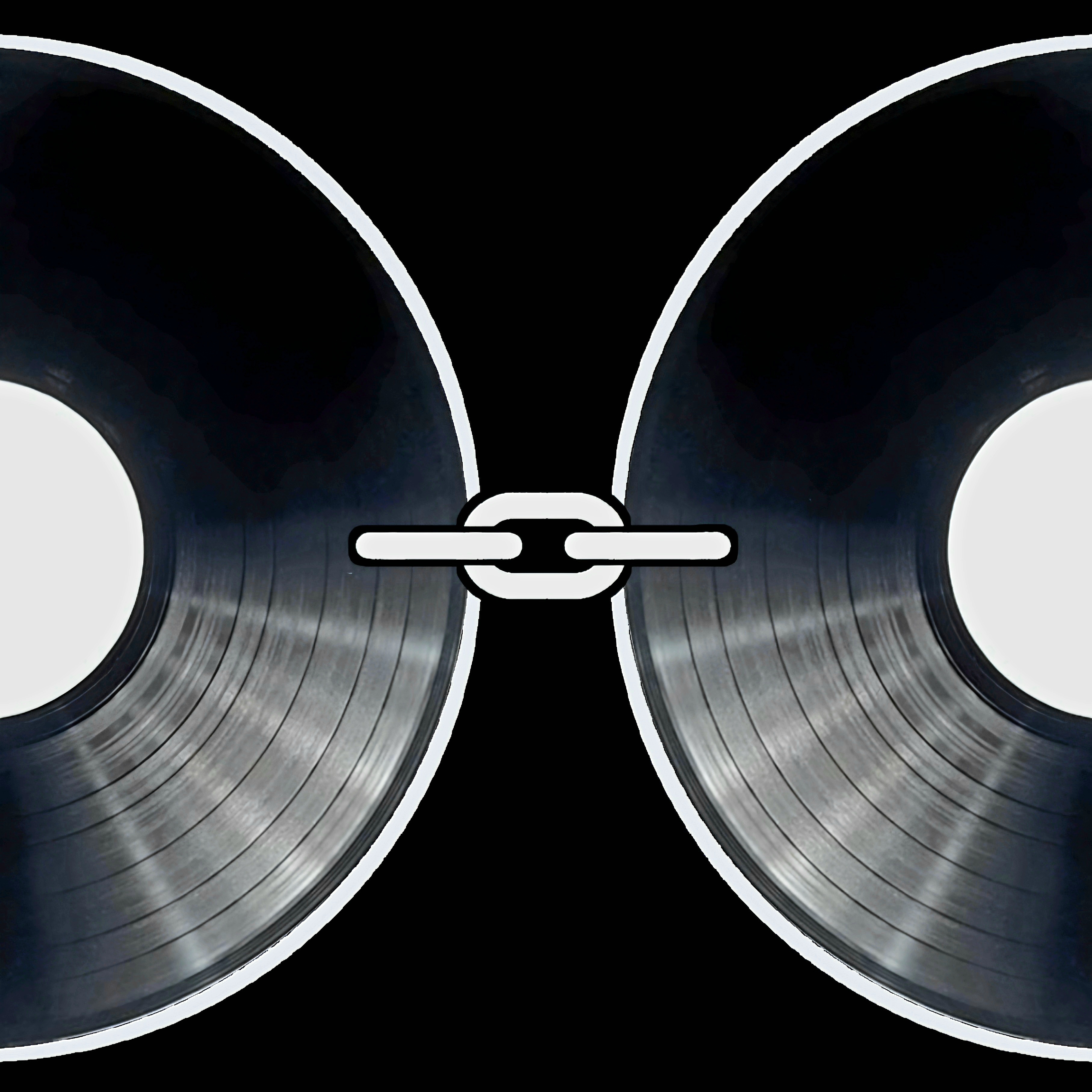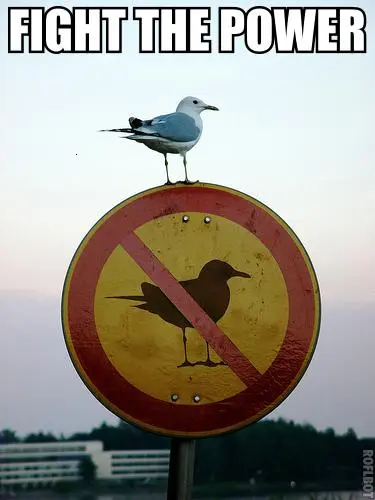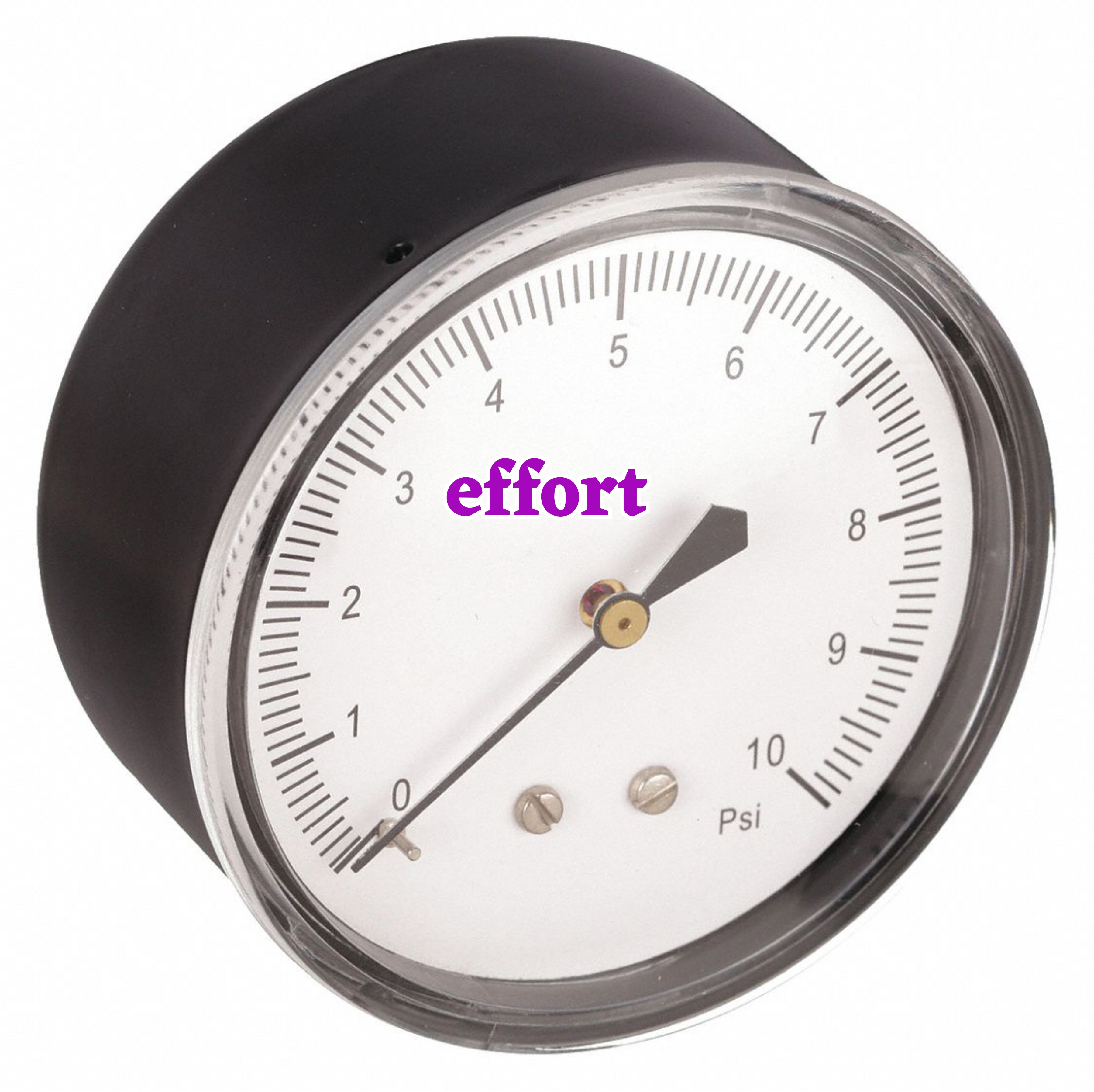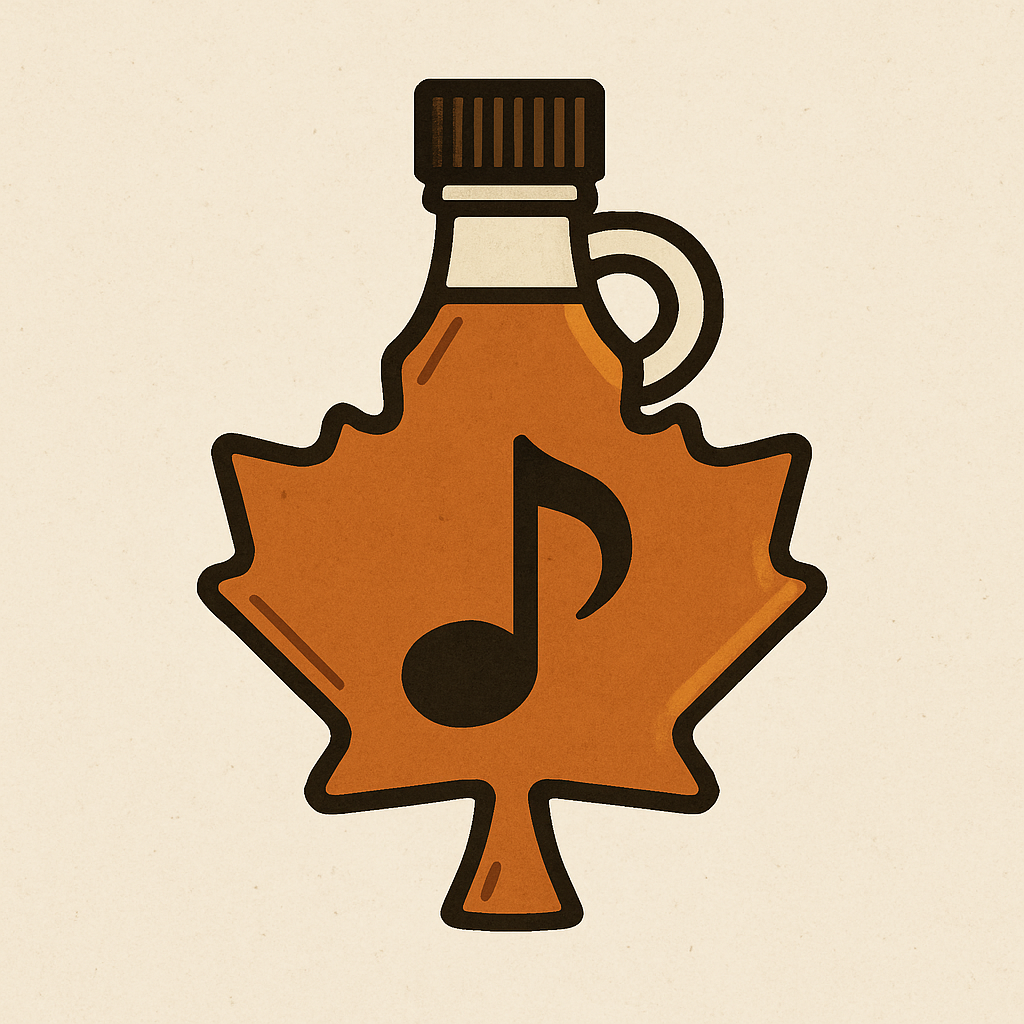Enthusiastic sh.it.head
- 172 Posts
- 1.24K Comments
HAHAHAHAhahaha…ha…😭
The real question is do they start using ounces for amounts equal to or over 28 grams?

 8·6 days ago
8·6 days agoFlirty answer followed by real answer if actually pressed. It’s not like it’s something you reasonably have control over anyway (I don’t consider lengthening surgery reasonable, though more power to anyone that does, it ain’t my body), outside of maybe some small gains if losing weight in your pelvis area or improving your general cardiovascular health.
Not gonna come out here and say size is totally irrelevant, but there’s lots of ways to have great sex without going around bruising women’s cervixes.
Good question, actually - I had the same thought, there’s some facial structure similarities. Could just be a coincidence, might be a distant cousin or something.
The fact that Kevin’s parents are from Mass doesn’t help or hinder that much, given a history of migration of French-Canadians to that region.
I’ll leave it at a solid “idk, maybe?”
Edit: If Wikipedia is to be trusted (and I can’t be arsed to dig deeper), probably not - Kevin was adopted. What I’m personally picking up that looks like family resemblance is pretty striking nonetheless, though, even if there’s no real connection.

 2·8 days ago
2·8 days agosh.it.head, for a lemmy user of a certain vintage, anyway.
Beyond that idk 🤷♂️

 2·10 days ago
2·10 days agoFrankly, this is the best outcome. Going and winning a decent amount your very first time is a huge risk for developing a gambling problem, because your monkey brain goes “It happened once, so it can totally happen again”. Doubly so when you’re young and your ‘decent amount’ is lower than it might be otherwise.
It could, sure, but the actual probability doesn’t line up with your probabilistic fluke, and that’s a hard thing to overcome for a lot of folks.
Never got to a point where it was a survival threat (very lucky in that regard), but that $300 I won when I was 19 was the most expensive money I’ve ever made.

 1·11 days ago
1·11 days agoWhat I think is even funnier, as someone who moved around the country a lot, is it’s often thought of as a regional thing when it’s actually ubiquitous.
In Victoria BC, it’s called a Langford Dinner Jacket. But if you’re a blue-collar working class Canadian anywhere in the country, it’s more likely than not you own or have owned one of these (which is good, 'cause they’re a good warm layer).

 2·11 days ago
2·11 days agoNope, St. Albert. They make the cheese curds typically used by the fine men and women who operate the grease shacks in the Ottawa Valley.
I think my ban from Quebec for calling St. Hubert Quebec’s answer to Swiss Chalet expires soon.

 61·11 days ago
61·11 days agoHell, I BARELY dress for myself, let alone others.
The two deciding factors are “Does this protect me from public indecency laws” and “Am I warm/cool enough in this”. Anything goes so long as it meets this criteria.

 3·12 days ago
3·12 days agoEvery day, I say a prayer of thanks to St. Albert for living in their delivery radius.

 6·12 days ago
6·12 days agoIt’s kinda warm in Osaka, so I forgive them for not donning our national formal attire.


 2·12 days ago
2·12 days agoIIRC there are prescribed acts you can do that should be a form of penitence - that whole “Say 10 Hail Mary’s and don’t call Satan in the morning” thing. It feels a little akin to a kid, caught doing something bad to their neighbour’s property by mom, getting dragged to the neighbour’s door to apologize. There’s a good chance they are apologizing without actually feeling penitent, but once the conditions of the punishment are carried out, they are in a sense free to go.
Like with the above, I think the idea is that you should truly feel penitent and these acts are an honest expression of that. But if we take a look at the history of the Catholic Church I’m not convinced that wasn’t put to the wayside a long time ago (see the trade of plenary indulgences in the middle ages).
Second the request any comments from ex- or current Catholics though, this is just my impression from the outside/watching a lapsed Catholic grapple with their faith.

 10·15 days ago
10·15 days agoSo they’re slowly rotting (I mean, not rotting but you know what I mean). It’d be wise to back them up digitally if better digital copies are hard to come by.
But a couple additional thoughts:
-
Whenever you actually watch one of them, put it back on the shelf backwards/upside-down. Wait up to six months. Anything on the shelf that isn’t backwards/upside-down gets put in the ‘don’t keep’ pile.
-
If you’re looking for a hobby, don’t want to keep them but don’t want to toss them right away, you could play around with … idk exactly you call it, but video mixing? A couple VCRs, some sketchy looking hobbyist tech from Etsy, and a capture card, and you can play around with multiple analogue video sources and noise introduction to make some cool as fuck visuals. Actually looks hella fun, it’s high on my post-divorce distraction list. Use 'em till they’re dust for this purpose or you get bored. If you want to squeeze more life out of them afterwards, there’s lots of crafts you can do with old VHS bodies and tape.
Caveat: At minimum, if you have old VCR recordings, back that shit up ASAP. Old commercials and TV shows (particularly super local stuff) are of massive interest to a certain type of person, who would appreciate your efforts. This goes double for cam footage/recordings of live events.
-
 2·15 days ago
2·15 days agoWhy do you want to keep it?
They no longer felt the rain on their skin. The question echoed for a moment, then faded sharply.
They cried out, “What do you mean!? Take my body! Destroy my mind! KILL ME, FOR FUCK’S SAKE! I CAN’T DO THIS ALONE, FOREVER!!”
The void, for a brief moment, felt small. One thought of a velvet capsule, encompassing lightyears, yet claustrophobic.
Then why do you keep doing it?
They screamed, echoes reverberating down the hospital corridors with no one to attest, rolling off the bed and collapsing onto the floor. Their IV became detatched, and saline pattered down and mixed with tears on the floor. A soft slurp sounded from the floor drain as it took the overflow.
They don’t know why they still cry.
[Dunno if this lines up with what you’re going for 🤷♂️]

 8·15 days ago
8·15 days agoBro, are you ok? Your post history to date is actually really concerning.
To answer your question, no, I don’t think raising the age of consent to your early to mid 20s is a good idea. Is the relationship dynamic in what you describe probably kinda fucked? Yeah. But adults get to make adult decisions, no matter how others may feel about.

 1·16 days ago
1·16 days agoTo counterbalance the more intelligent choices so far, I listen to three podcasts. In order of frequency:
Tell 'Em Steve Dave (~Comedy podcast with Kevin Smith’s childhood buddies and their cohort)
Park After Dark (Trailer Park Boys)
Canadaland (Canadian News/Media Criticism) - I save this for days when I feel particularly dumb and want to feel more smarter, or a topic pops up that was already on my radar.

 10·16 days ago
10·16 days agoUgh, same. Back when I was married both in spirit and law, there was a nice, well-endowed bartender at my local. I had no designs on anything at all, wanted to just have regular ol’ barfly-bartender platonic chatter. Here was my inner monologue:
Don’t stare at her boobs, don’t stare at her boobs, oh god I’m looking at her boobs, look UP you fucking creep she doesn’t need that shit; ok, maybe just identify all the liquor bottles behind her - THAT’S A FUCKING BOOB KNOCK IT OFF - k, Wisers, Captain Morgan’s, some coffee liqueur - wait, she said something. What did she say? Oh shit, she’s got the customer service scowl on and has covered herself. Congrats, Cracks, you are now officially one of the creepy guys, no better than the alkie dude who asks for hugs. God damn it - go play some pinball and go home.
Stupid lizard brain. Doesn’t happen all the time with every woman (thank fuck, that would be paralyzing), but awkward as fuck for everyone involved when it does.

 1·16 days ago
1·16 days agoI have decided that this is dating advice.














This is what I was thinking, but I’m digging the lists for both holidays rolling in too.
Excellent choice! Didn’t even consider that one.